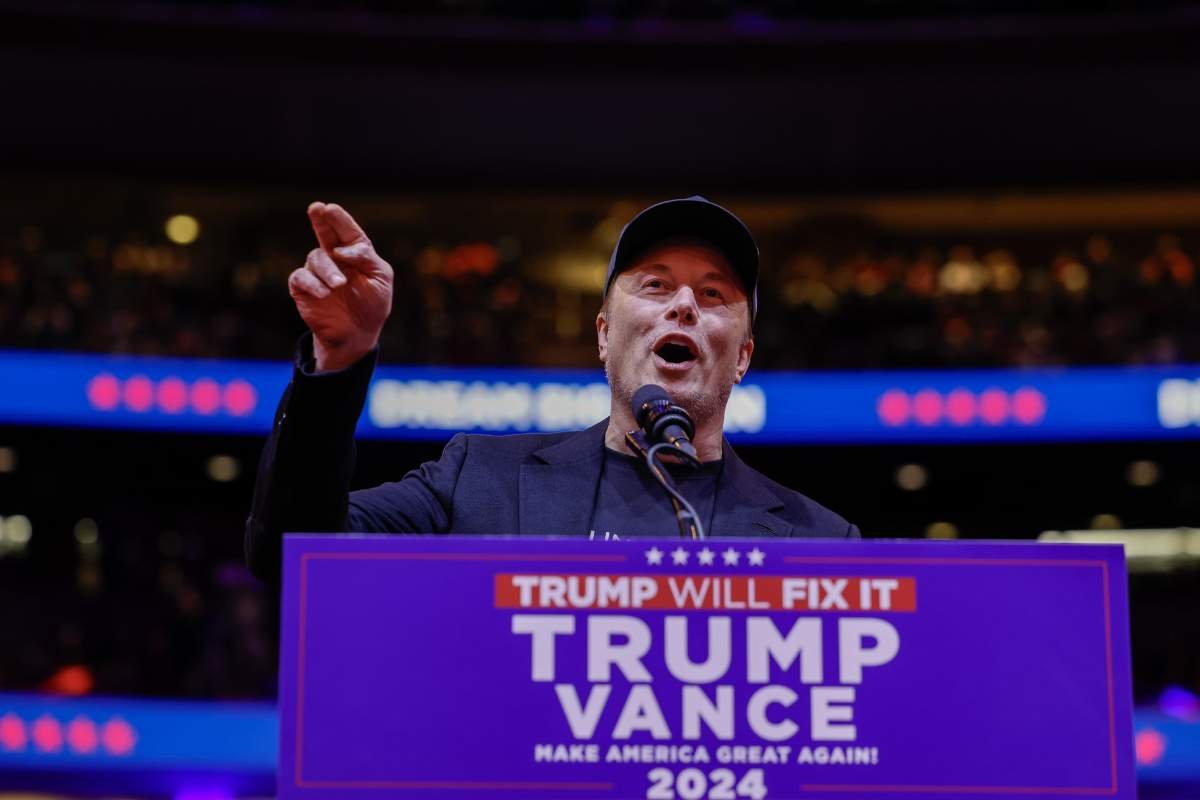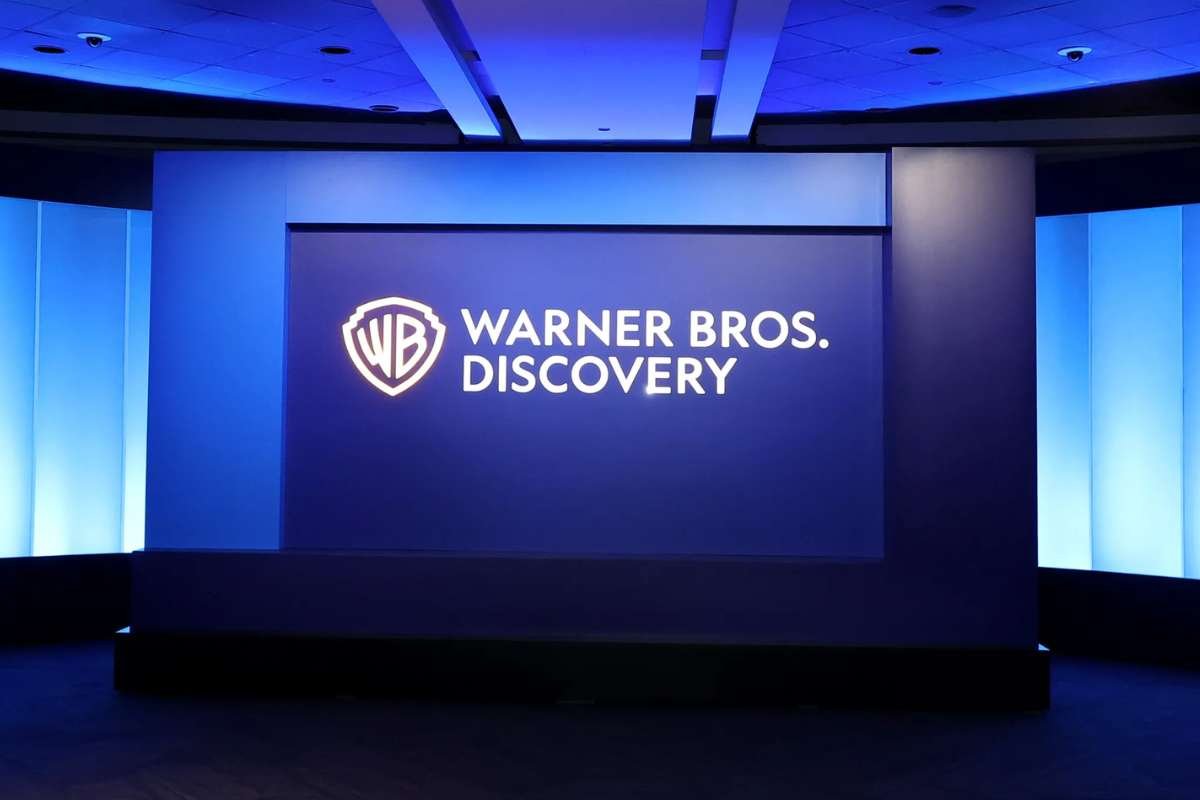Musk’s $130 million Investment in Trump and Potential Regulatory Benefits
In a striking show of political influence, Elon Musk committed over $130 million in support of Donald Trump’s re-election campaign, potentially setting the stage for major gains across Musk’s business empire. Following Trump’s victory speech, the president-elect expressed gratitude for Musk’s contributions, particularly lauding his ventures, SpaceX and Starlink, which are primed for federal support and contracts. Trump’s administration has pledged to prioritize “super geniuses” and suggested that Musk could play a significant role in shaping a “government efficiency” department—a proposal initiated by Musk himself. This development aligns with Musk’s longstanding aversion to regulatory constraints, which he has frequently criticized as obstructive to innovation. By securing a powerful ally in the White House, Musk’s businesses stand to benefit from regulatory rollbacks that could ease operational hurdles across multiple industries, particularly aerospace, satellite technology, AI, and electric vehicles.
SpaceX, Starlink, and Regulatory Favoritism
A central aspect of Musk’s potential windfall involves his space-focused ventures, SpaceX and its internet satellite service, Starlink. SpaceX has frequently clashed with the Federal Aviation Administration (FAA), which has imposed penalties for safety violations related to rocket launches. With Trump in office, Musk may have leverage to appoint favorable figures within regulatory bodies, possibly paving the way for smoother operations and diminished fines. Additionally, Trump’s administration could potentially reduce red tape surrounding SpaceX’s ambitious projects, including its satellite launches. Meanwhile, Starlink could receive a significant boost if the Federal Communications Commission (FCC), under a Trump administration, reevaluates its stance on Starlink’s funding eligibility. A Republican-led FCC would likely take a more lenient approach, potentially restoring funding that was previously denied. This could position Starlink to become a prominent player in federal initiatives aimed at improving rural internet connectivity, tapping into a $42 billion fund set aside for broadband expansion.
Broader Implications for Musk’s Ventures in AI, EVs, and Beyond
Musk’s support for Trump also carries implications for his other ventures, particularly Tesla, xAI, and the Boring Company. With Tesla, Musk may gain influence over federal auto safety standards, especially for autonomous driving technology, which faces scrutiny after several high-profile incidents. Musk’s long-term goal to integrate robotaxis into Tesla’s business model could receive more regulatory support under Trump, giving the company a competitive advantage in the self-driving market. Similarly, Musk’s generative AI company, xAI, could see a favorable shift in regulatory oversight, particularly if a Trump administration takes a lighter approach to AI governance, allowing Musk more freedom in developing AI tools that could compete with OpenAI’s ChatGPT. Additionally, Musk’s Boring Company could face fewer obstacles in securing permits for infrastructure projects like the Hyperloop, which he blames regulation for stalling. With Trump’s support, Musk could accelerate expansion plans for high-speed tunnels across U.S. cities, potentially overcoming previous regulatory setbacks.
In summary, Elon Musk’s $130 million investment in Trump’s re-election holds considerable promise for his business ventures. Reduced regulatory pressures, access to federal contracts, and an influence over key appointments could enable Musk to expand his enterprises, potentially benefiting investors and aligning with his vision of a deregulated business environment.


















